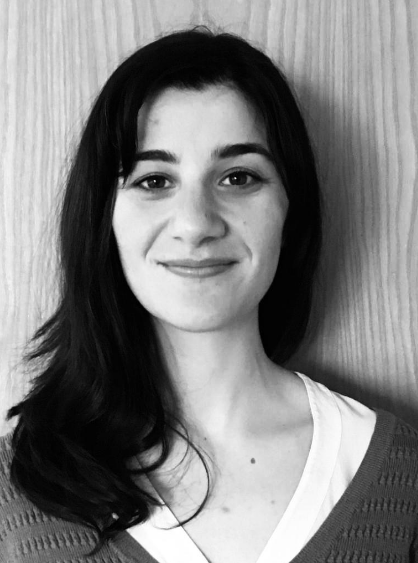Dr Susan Kahn shares how colleagues in her Department are addressing inequality in the curriculum, the progress that’s been made this year and the work that’s still to be done.
The murder of George Floyd on 25 May 2020 sent shockwaves through our university community as it did the world. In our Department, this tragic reminder of how far we still have to go to achieve equality prompted us to take action on our curriculum and ensure we were doing our small part to redress the balance.
Asking questions about race feels risky. We worry that we will offend or leave the most important questions unasked. Yet this is the very issue that allows things to carry on without change. In the supportive and curious environment of our Department, I opened a discussion on what has changed for staff in relation to the curriculum since George Floyd’s murder and what we would like to see happen next to continue moving towards racial justice.
Educating ourselves
As individuals and educators, we recognise the importance of educating ourselves on issues of race. There is a sense of shame around ignorance, which we can address by beginning to ask difficult questions. Following George Floyd’s murder, our Department published a guide of ‘first stop’ resources to help individuals understand institutional racism, the role of activism and to provide some strategies to cope with the trauma individuals have witnessed.
We engaged with debates on how business schools can become part of the solution to create fairer workplaces and a more democratic society and created and published our anti-racism statement [accessible to Organizational Psychology students only].
Above all, if it was not there before, we now bring a heightened focus around social justice to the act of critiquing, challenging and discussing the research, work and practice of ourselves and others.
We are aware that our work is just beginning and that the conversation about structural racism and White privilege must continue.
Introducing new perspectives
Colleagues in our Department examined the syllabi of their programmes to ensure inclusion of diverse voices and perspectives. This concept of ‘inclusion’ is in itself problematic, as it implies ‘including’ representation of Black voices in ‘our’ curriculum. Instead, we are trying to build a curriculum that better reflects all scholars and learners across the world. In doing so, we hope to begin normalising debate around ethical justice in our classrooms, making this a natural area to question for our students.
Diversifying course content was met with varying levels of success: where modules provide an introductory overview, or are largely statistics focused, ways to introduce new voices are not easily found. Part of the problem may well be us not knowing where to look to find alternative perspectives, reminding us that this work is not a quick fix and that complacency is one of our greatest enemies through this process. At minimum we are now able to acknowledge where teaching references are predicated on White, Western perspectives.
In other areas, we were able to make more meaningful change. For our Work and Wellbeing module, we revised the structure to include discussion of social inequality on a national and global scale. On topics such as Emotion at Work, Discrimination and Exclusion and Leadership, we have included more scholarship by Black, Asian and minority ethnic authors. We are reflecting more deeply on intersectionality and have broadened reading lists to include essays which critique concepts and deconstruct positions which are deeply problematic in our field. We also look to understand cultural appropriation of concepts such as mindfulness. We are aware that this action does not end with reading lists and are also committed to ensuring our invited speakers are representative of our wider society.
Learning from our students
While we hope to offer a broad and critical learning experience, we appreciate the way our students continue to challenge us to take into account international perspectives and not take anything that we have in the UK, or even our small area of London, for granted. One of our Coaching Psychology students, KK Harris, discussed her perspective as a Black, American woman in a BBK connections conversation.
In our student evaluations, we now ask for feedback on the extent to which our modules took diversity into consideration in its content. We know that we are by no means perfect, but the positive responses we have received from this suggest that our students notice – and appreciate – the efforts we have made so far.
What next?
As a Department, we do not want these efforts to be the work of one Summer and then forgotten. We will continue to pay attention to the material that we teach, where it comes from and who produces knowledge. The process will be an incremental change rather than a revolution and one thing we can do is make students aware of the limitations of our knowledge base.
I feel the paradox of both shame and pride. I am ashamed of how much we have taken for granted in the past, that racism is a challenge in our own field, that it is present in the research we draw on and the institutions we work in. But I am proud to be part of a Department with an openness and honesty that makes these discussions possible, and that this engagement has enabled us to grow as leaders and role models for our students.


